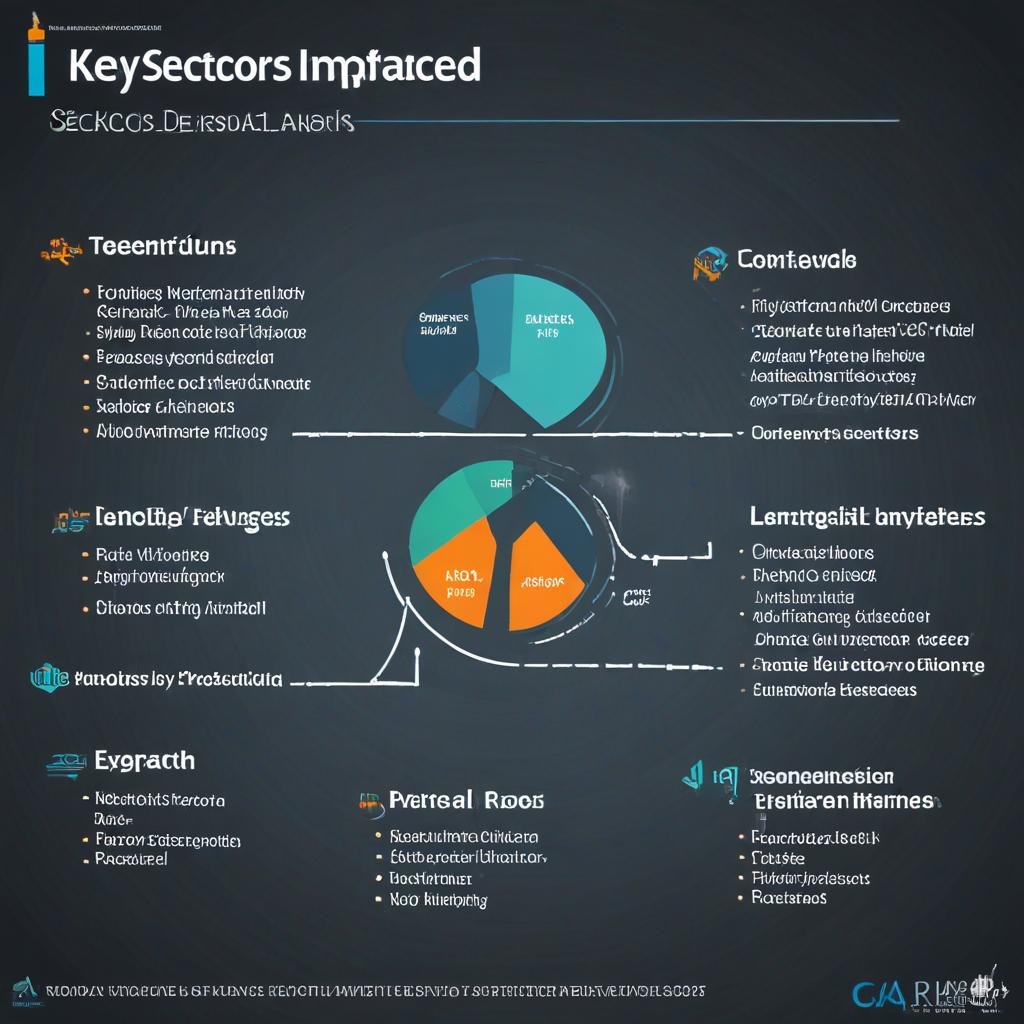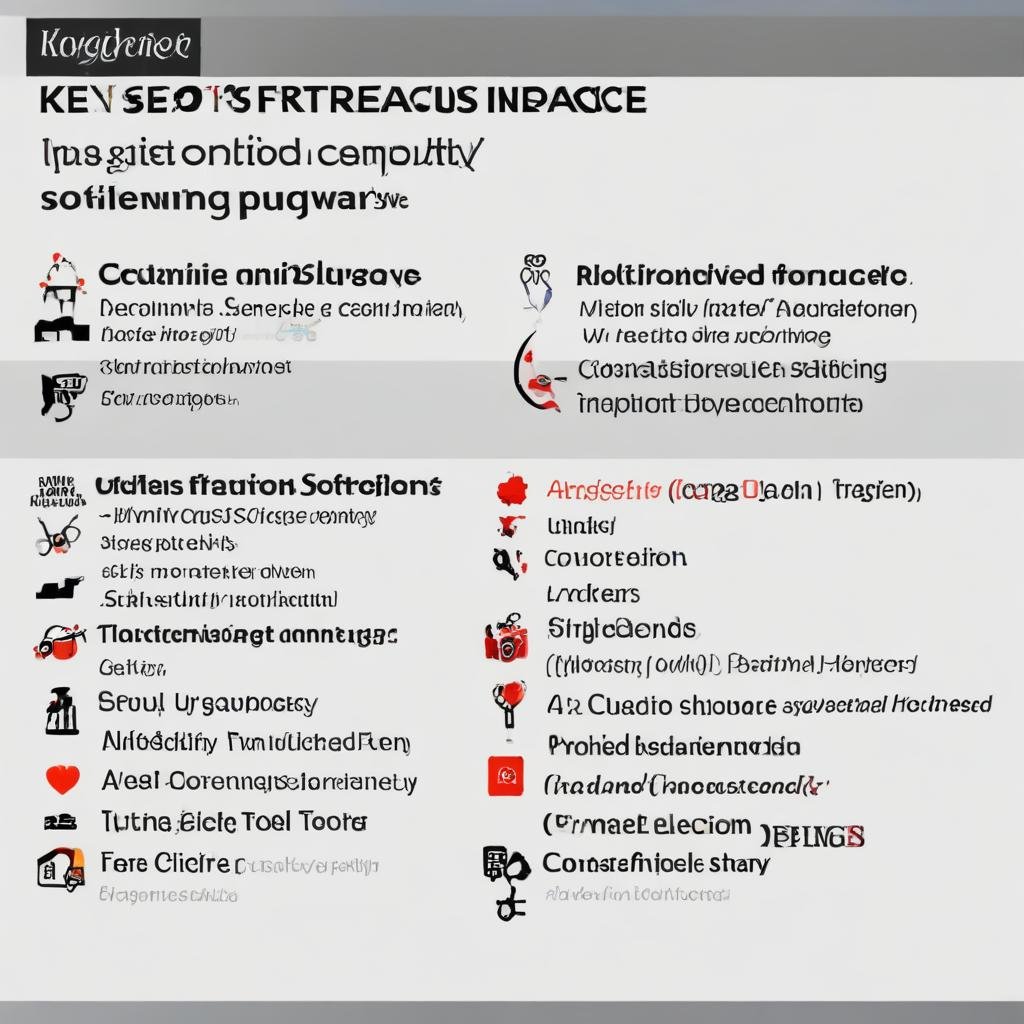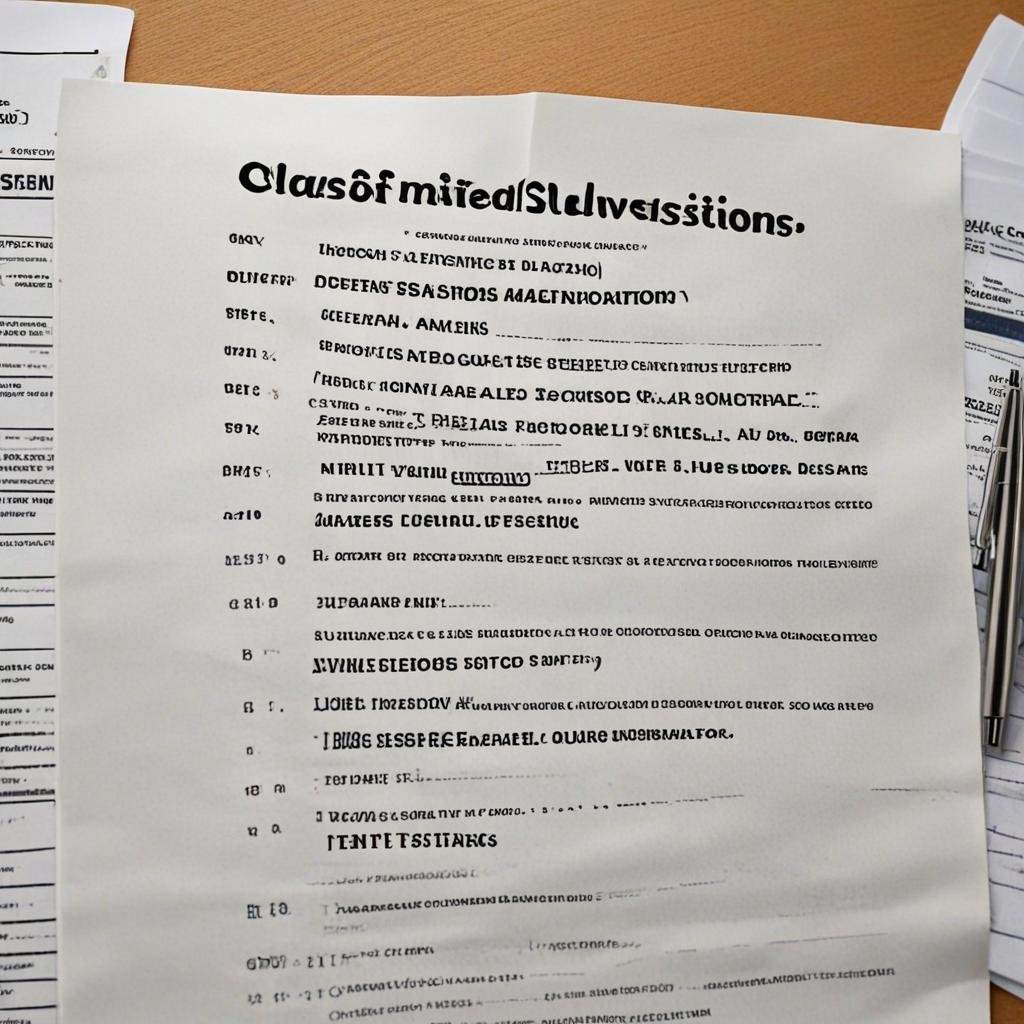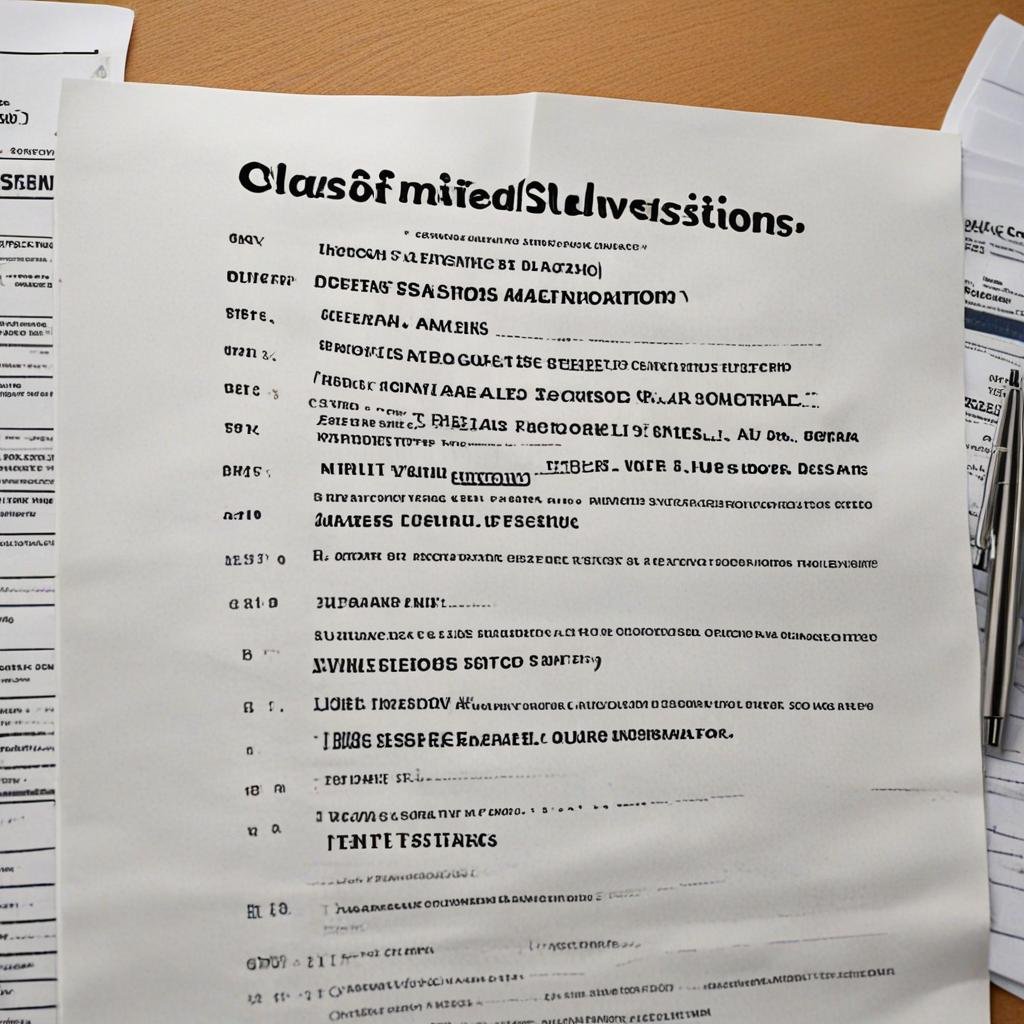
China’s classified submissions have garnered significant attention globally due to their impact on national security, technology advancements, and international relations. The complexities and the scope of these submissions encompass various sectors including military, economic, and technological domains. This article delves deep into the multifaceted nature of China’s classified submissions, exploring their significance, underlying strategies, and the global implications.
Table of Contents
- The Nature of Classified Submissions
- Historical Context
- Key Sectors Impacted
- Technological Advancements
- Economic Strategies
- Military Developments
- Intellectual Property and Espionage
- Global Reactions and Policies
- Future Trends
- Challenges and Controversies
- China’s Classified Submissions in the Media
The Nature of Classified Submissions

Classified submissions in China refer to documents, data, and information that are deemed sensitive by the government and are protected from unauthorized access. These submissions span across various sectors including military intelligence, economic data, and technological research. The primary purpose of these classified submissions is to safeguard national security, maintain competitive advantages in global markets, and protect intellectual property.
China’s approach to classified submissions is rigorous, involving multiple layers of security and protocols. The government employs a combination of technological measures and strict legal frameworks to ensure the confidentiality and integrity of classified information. This includes advanced encryption techniques, cyber security defenses, and stringent access controls.
Moreover, the management of classified submissions involves a hierarchical structure where information is categorized based on its sensitivity. Top-secret information is accessible only to a limited number of high-ranking officials, while other levels of classified information may be available to broader but still restricted circles. The classification system is integral to preventing espionage and unauthorized disclosures, which can have significant national and international ramifications.
Historical Context

Understanding the historical context of China’s classified submissions provides insight into the evolution of its national security strategies. The roots of China’s emphasis on confidentiality and classified information can be traced back to ancient times when strategic military information was closely guarded.
In modern history, the founding of the People’s Republic of China in 1949 marked a significant turning point. The Cold War era heightened the need for classified submissions as China navigated its position between major global powers. During this period, China developed a sophisticated intelligence network and placed a high priority on securing sensitive information to protect national interests.
The post-Cold War era and the rise of digital technology further transformed China’s approach to classified submissions. The advent of the internet and digital communications introduced new challenges and opportunities for information security. China’s government has since invested heavily in cyber security infrastructure to counter cyber espionage and safeguard its classified submissions.
Today, China’s historical experiences continue to shape its policies and practices regarding classified information. The lessons learned from past conflicts and the ongoing geopolitical tensions underscore the importance of maintaining robust security measures to protect classified submissions.
Key Sectors Impacted

Classified submissions in China affect several key sectors, each playing a critical role in national security and economic stability. These sectors include:
- Military and Defense: Classified submissions in this sector involve strategic plans, technological advancements, and intelligence data. The military’s reliance on classified information is crucial for maintaining national defense and preparing for potential conflicts.
- Economy: Economic data and strategies are often classified to protect China’s economic interests and to maintain a competitive edge in global markets. This includes information on trade negotiations, economic policies, and financial transactions.
- Technology: Technological research and development, particularly in areas such as artificial intelligence, telecommunications, and biotechnology, are closely guarded. Protecting intellectual property and maintaining technological superiority are paramount.
- Foreign Relations: Diplomatic communications and strategic international agreements are often classified to ensure that sensitive information does not compromise national security or diplomatic initiatives.
- Energy: Information related to energy resources, including oil reserves, nuclear energy, and renewable energy projects, is critical to national security and economic stability.
- Healthcare: With the increasing importance of healthcare technology and data, information related to public health initiatives, medical research, and pharmaceutical developments is often classified to protect national interests.
Each of these sectors relies on classified submissions to maintain security, advance technological capabilities, and support economic growth. The integration of classified information into these sectors highlights the comprehensive approach China takes to protect its national interests.
Technological Advancements

Technological advancements are a cornerstone of China’s classified submissions. The nation’s investment in research and development has positioned it as a global leader in several high-tech fields. This section explores the technological areas most impacted by classified submissions:
- Artificial Intelligence (AI): China’s advancements in AI are significant, with classified research focusing on applications in national security, surveillance, and economic development. AI technologies developed under classified programs are utilized in various sectors including military operations and cybersecurity.
- Telecommunications: The development of 5G technology and other advanced communication systems are critical areas of classified research. Protecting these innovations is essential to maintain technological leadership and prevent industrial espionage.
- Quantum Computing: China has made substantial progress in quantum computing, a field with immense potential for national security and cryptography. Classified research in this area aims to achieve breakthroughs that could revolutionize computing and secure communications.
- Biotechnology: Research in biotechnology, including genetic engineering and pharmaceutical development, is often classified due to its implications for public health and national security. The protection of biotechnological advancements ensures that China can lead in medical research and innovation.
- Cybersecurity: With the increasing threat of cyber-attacks, classified submissions in cybersecurity are crucial. China focuses on developing sophisticated defense mechanisms and offensive cyber capabilities to protect its digital infrastructure and classified information.
The technological advancements achieved through classified submissions not only enhance China’s national security but also bolster its position as a global technological leader. The ongoing investment in these areas underscores the strategic importance of technological innovation in China’s national agenda.
Economic Strategies

China’s classified submissions play a pivotal role in shaping its economic strategies. The protection of economic data and strategic plans is essential for maintaining a competitive edge and achieving long-term economic objectives. Key aspects of China’s economic strategies influenced by classified submissions include:
- Trade Negotiations: Classified information is used to formulate strategies for international trade negotiations, ensuring that China can secure favorable terms and protect its economic interests.
- Financial Policies: Economic policies and financial regulations are often classified to prevent market manipulation and maintain financial stability. This includes information on monetary policy, fiscal strategies, and regulatory frameworks.
- Industrial Development: Strategic plans for industrial development, including the promotion of key industries and technological innovation, are classified to protect China’s competitive advantages. This involves initiatives to support sectors such as manufacturing, technology, and energy.
- Foreign Investments: Classified submissions guide China’s approach to foreign investments, including the identification of strategic assets and investment opportunities. Protecting this information ensures that China can effectively manage its international economic relations.
- Resource Management: Information related to the management and allocation of natural resources, including energy and raw materials, is classified to secure China’s resource security and support economic development.
The integration of classified submissions into economic strategies allows China to navigate the complexities of the global economy, protect its economic interests, and promote sustainable growth. The strategic use of classified information ensures that China can respond effectively to economic challenges and opportunities.
Military Developments

Military developments are a critical aspect of China’s classified submissions. The protection of military information is essential for maintaining national security and strategic superiority. Key areas of military developments influenced by classified submissions include:
- Weapon Systems: The development of advanced weapon systems, including missile technology, naval capabilities, and aerospace advancements, is highly classified. Protecting this information ensures that China can maintain a technological edge in military capabilities.
- Cyber Warfare: Classified research in cyber warfare focuses on developing offensive and defensive capabilities to protect China’s digital infrastructure and conduct cyber operations. This includes strategies for cyber espionage and cyber defense.
- Intelligence Gathering: Military intelligence, including surveillance data, reconnaissance operations, and espionage activities, is classified to ensure the effectiveness of China’s intelligence capabilities. This information is critical for strategic planning and threat assessment.
- Strategic Planning: The formulation of military strategies and operational plans is classified to protect national security interests. This includes contingency plans, defense strategies, and tactical operations.
- Military Training: Information related to the training and development of military personnel is classified to maintain the proficiency and readiness of China’s armed forces. This includes training programs, operational procedures, and tactical exercises.
The classification of military developments ensures that China can protect its national security interests and maintain a strategic advantage. The ongoing investment in military research and development highlights the importance of classified submissions in supporting China’s defense capabilities.
Intellectual Property and Espionage

Intellectual property (IP) and espionage are closely linked to China’s classified submissions. The protection of intellectual property is crucial for maintaining technological and economic advantages, while espionage activities focus on acquiring sensitive information. Key aspects of this relationship include:
- IP Protection: China places a high priority on protecting intellectual property developed within its borders. Classified submissions include information on technological innovations, research findings, and proprietary processes. Protecting this information is essential to prevent industrial espionage and ensure that China can capitalize on its technological advancements.
- Industrial Espionage: Espionage activities target sensitive information held by foreign entities. Classified submissions often include intelligence gathered through espionage, which is used to enhance China’s technological and economic capabilities. This includes information on foreign technologies, business strategies, and market data.
- Counterintelligence: Protecting classified submissions from foreign espionage is a critical component of China’s national security strategy. This involves measures to detect and prevent espionage activities, including cyber espionage and traditional intelligence operations.
- Technological Theft: Instances of technological theft, where foreign entities attempt to acquire classified information through illegal means, highlight the importance of robust IP protection measures. China’s efforts to combat technological theft are integral to maintaining its competitive advantages.
- Legal Frameworks: The establishment of legal frameworks to protect intellectual property and prosecute espionage activities is essential. China’s legal system includes stringent penalties for IP theft and espionage, reinforcing the importance of classified submissions in safeguarding national interests.
The interplay between intellectual property and espionage underscores the complexities of protecting classified information. China’s approach to managing these challenges ensures that it can maintain its technological leadership and protect its economic interests.
Global Reactions and Policies

The global reactions to China’s classified submissions and the policies implemented in response reflect the international significance of this issue. Various countries and international organizations have taken steps to address the challenges posed by China’s approach to classified information. Key aspects of global reactions and policies include:
- International Regulations: International regulations and agreements, such as those related to cyber security and intellectual property, aim to establish standards for the protection of classified information. These regulations influence China’s policies and practices regarding classified submissions.
- Bilateral Agreements: Countries often engage in bilateral agreements with China to address concerns related to classified information. These agreements may focus on areas such as trade, technology transfer, and cyber security, aiming to establish mutually beneficial frameworks for managing classified information.
- Economic Sanctions: In response to concerns about espionage and intellectual property theft, some countries have imposed economic sanctions on Chinese entities. These sanctions aim to deter illegal activities and protect sensitive information from being compromised.
- Cyber Security Initiatives: Global initiatives to enhance cyber security focus on protecting classified information from cyber threats. Countries collaborate on cyber security research, information sharing, and the development of defensive measures to counter cyber espionage.
- Diplomatic Measures: Diplomatic measures, including negotiations and dialogues, aim to address concerns related to classified submissions. These measures seek to promote transparency, build trust, and establish norms for the protection of sensitive information.
The global reactions and policies in response to China’s classified submissions reflect the complex and interconnected nature of this issue. International cooperation and regulatory frameworks are essential to addressing the challenges posed by classified information and ensuring global security.
Future Trends

The future trends in China’s classified submissions are shaped by evolving technological advancements, geopolitical dynamics, and national security priorities. Key trends to watch include:
- Artificial Intelligence and Automation: The integration of AI and automation in managing classified information is expected to increase. This includes the use of AI for data analysis, threat detection, and cyber security.
- Quantum Computing: Advances in quantum computing will have significant implications for classified submissions. Quantum computing can enhance encryption methods, making it more difficult to compromise classified information.
- Cyber Security Enhancements: As cyber threats continue to evolve, China will invest in advanced cyber security measures to protect classified submissions. This includes the development of new defense mechanisms and the implementation of stringent security protocols.
- Global Collaboration: Increased global collaboration on issues related to classified information is anticipated. This includes international agreements, joint research initiatives, and information sharing to address common security challenges.
- Legal and Regulatory Frameworks: The evolution of legal and regulatory frameworks will play a crucial role in managing classified submissions. New laws and regulations will be introduced to address emerging threats and protect sensitive information.
- Technological Innovations: Ongoing technological innovations will impact the management and protection of classified submissions. This includes advancements in encryption, data storage, and information processing technologies.
The future trends in China’s classified submissions highlight the dynamic nature of this field. Continuous adaptation and innovation are essential to addressing the challenges and opportunities presented by classified information.
Challenges and Controversies

The management of classified submissions in China is not without challenges and controversies. Key issues include:
- Cyber Espionage: The rise of cyber espionage poses significant challenges to the protection of classified information. Preventing cyber-attacks and safeguarding digital assets are ongoing concerns.
- Intellectual Property Theft: Accusations of intellectual property theft have led to international tensions and economic sanctions. Addressing these allegations and ensuring the protection of IP is a critical challenge.
- Transparency and Trust: The lack of transparency in managing classified submissions can lead to mistrust and diplomatic tensions. Building trust through transparency and cooperation is essential to addressing these issues.
- Legal and Ethical Concerns: The legal and ethical implications of espionage and the protection of classified information present complex challenges. Balancing national security with ethical considerations is a critical aspect of this issue.
- Technological Vulnerabilities: The rapid pace of technological change introduces new vulnerabilities that must be addressed. Keeping pace with technological advancements and mitigating risks is essential to maintaining the security of classified submissions.
The challenges and controversies surrounding China’s classified submissions underscore the complexities of managing sensitive information. Addressing these issues requires a multifaceted approach that balances security, transparency, and ethical considerations.
China’s Classified Submissions in the Media

The portrayal of China’s classified submissions in the media shapes public perception and international relations. Key aspects of media coverage include:
- Sensationalism: Media coverage often sensationalizes issues related to classified information, highlighting espionage activities and security breaches. This can influence public opinion and international relations.
- Transparency and Accountability: Media reports on classified submissions emphasize the need for transparency and accountability. Investigative journalism plays a critical role in uncovering information and holding entities accountable.
- International Reactions: The media’s portrayal of international reactions to China’s classified submissions reflects global concerns and diplomatic tensions. Coverage of sanctions, diplomatic measures, and international agreements provides insight into the global response.
- Technological and Economic Implications: Media coverage highlights the technological and economic implications of classified submissions. Reports on advancements in technology and economic strategies provide context for understanding the broader impact.
- Public Discourse: The media shapes public discourse on issues related to classified information. Coverage of legal and ethical considerations, cyber security, and national security influences public debate and policy decisions.
The media’s role in covering China’s classified submissions is crucial for shaping public understanding and influencing international relations. Balanced and accurate reporting is essential for fostering informed discourse and addressing the complexities of classified information.
